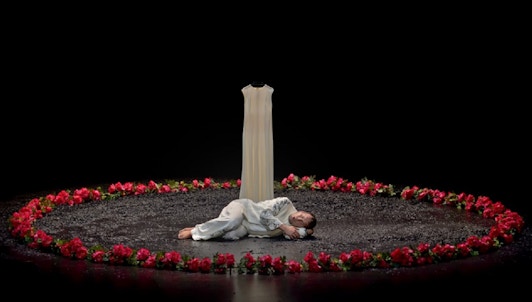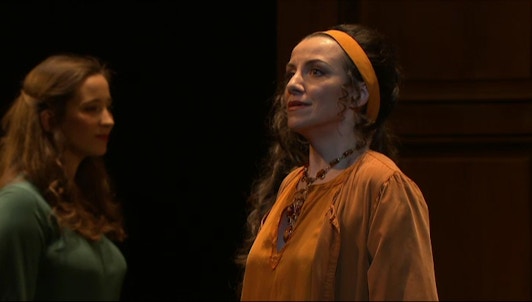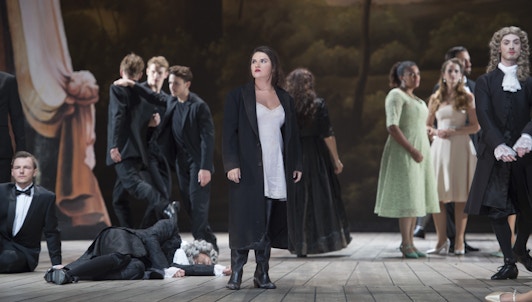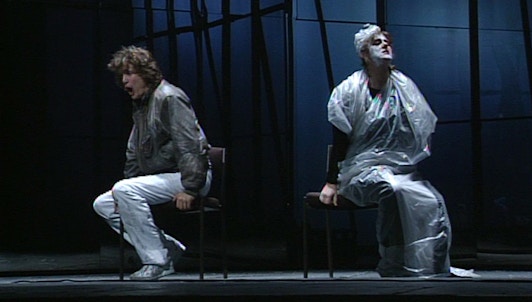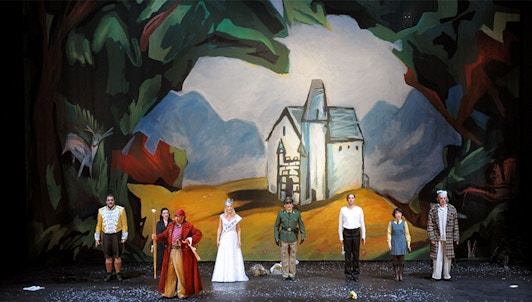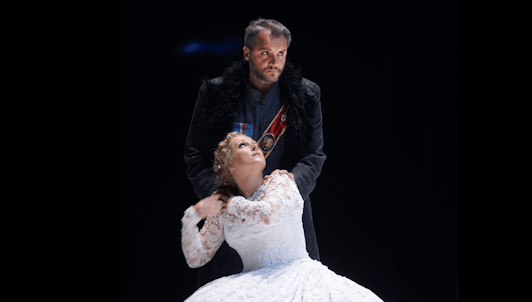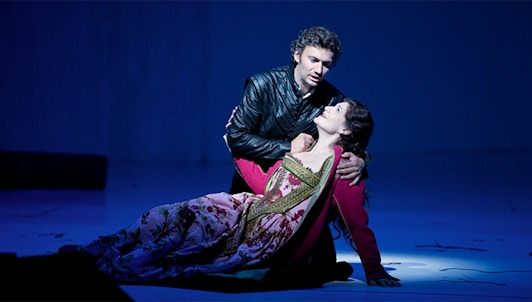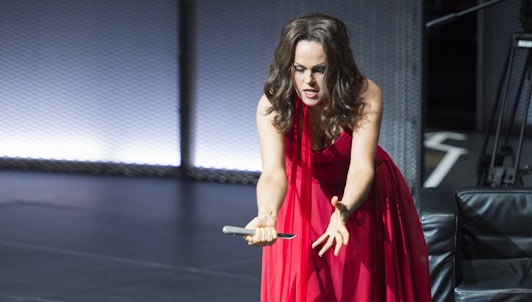Italian is the language of the very first operas in history! Indeed, it was with Monteverdi's L'Orfeo, premiered in 1607, that opera began. Throughout the 17th century, the great Italian Baroque masters established the framework for the genre and helped it evolve into two distinct categories: opera seria, a genre dealing with serious subjects in grandiose settings; and opera buffa, lighter and more modest in scope. Such was Italy's influence that in the 18th century even composers from other European countries, like Handel and Gluck, created operas in Italian! In the decades that followed, the great wave of Romanticism swept across Europe and musicians such as Rossini, Bellini, and Donizetti followed suit with works that are still revered today: Otello (1816), I Puritani (1835) and Lucia di Lammermoor (1835), to name just a few. The late 19th century was marked by verismo and composers like Mascagni, and then by the works of the celebrated Puccini, who broadened his sources of inspiration, bringing to the repertoire works that were considered extravagant for the time, such as La Fanciulla del West (1910).
